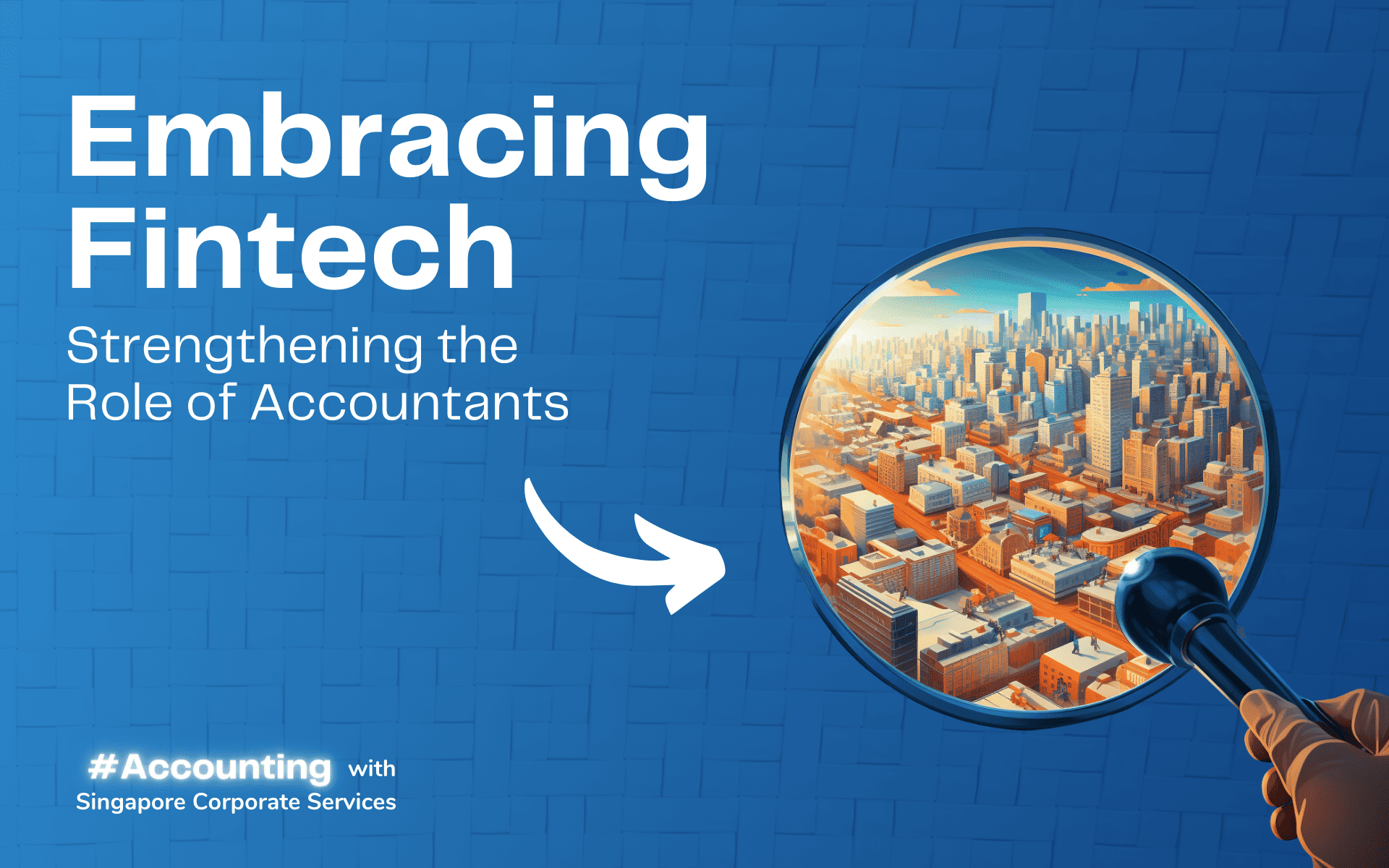The rise of fintech has been nothing short of transformative, impacting not only consumers but also the way financial professionals operate. A recent survey by Capterra has highlighted the evolving relationship between consumers, fintech, and their financial advisors. Over half of fintech users now turn to these digital tools for advice before consulting their accountants, and a significant 64% believe fintech solutions have diminished their reliance on financial advisors. Unfortunately, 45% of fintech users even contemplate the possibility of financial professionals becoming obsolete in the future.
This shifting landscape may raise concerns within the accounting industry, as it appears that fintech is encroaching on traditional client relationships. However, it’s essential to recognise that fintech need not be viewed as an adversary. Instead, by embracing these technological advancements, accountants can not only fortify their roles as trusted advisors but also enhance the services they offer.
The Convenience and Comprehensive Services That Fintech Users Crave
To harness the power of fintech for both your company’s and your clients’ benefit, it is imperative to understand the evolving preferences of today’s consumers. Modern clients seek efficiency, eschewing time-consuming and traditional financial management methods in favour of swift, convenient services. They demand solutions that simplify tasks such as opening bank accounts, paying bills, and managing their finances, and fintech is delivering precisely that.
According to recent surveys, 48% of consumers have embraced fintech. Millennials and younger generations, who are often more tech-savvy, are particularly drawn to fintech due to its user-friendly interfaces, data visualisation tools, and other features designed for convenience. Furthermore, many appreciate that fintech technology offers a broad spectrum of financial services.
Fintech solutions primarily focus on specific financial services, often supported by third-party providers. These applications cover a wide range of areas, from digital payments to investment management and personal finance. Among the most popular fintech solutions are those related to banking, with 82% of fintech users leveraging these tools. These applications enable users to transfer funds, pay bills, check deposits, and perform various other financial transactions. Furthermore, they typically come with robust support and security features, as they are often provided by financial institutions.
Leveraging Fintech to Strengthen the Role of Accountants
The data suggests that fintech is here to stay, and it’s only natural for clients to gravitate towards these user-friendly and convenient solutions. However, this doesn’t mean that accountants will become obsolete. Instead, accountants can harness the power of fintech to their advantage by adopting a more strategic approach.
1. Complementing Expertise with Technology
Accountants can leverage fintech to streamline their processes, making their operations more efficient. By automating routine tasks, such as data entry, and embracing cloud-based financial reporting platforms, accountants can save time and redirect their focus towards strategic financial planning and providing value-added services to clients.
2. Safeguarding Financial Transparency
In a world driven by technology, accountants play a crucial role as gatekeepers of financial information. They ensure the accuracy of financial data and compliance with regulatory standards. Fintech may facilitate automation, but it’s the accountant’s expertise that verifies the integrity of the data. Accountants can also educate clients about the risks and limitations associated with fintech solutions, ensuring transparency and regulatory compliance.
3. Becoming Trusted Advisors and Recommenders
Accountants have a unique opportunity to evolve into trusted advisors and recommenders of reliable fintech solutions. By staying current with fintech trends, establishing partnerships with reputable fintech providers, and offering training and support to clients, accountants can provide tailored fintech recommendations that align with their clients’ financial objectives. This transformation positions accountants as indispensable partners in business growth and expansion, offering strategic insights that drive operational efficiency.
Conclusion
Fintech is undeniably changing the landscape of financial services, and accountants are not immune to this transformation. However, the evolving role of fintech does not signify the end of accounting as we know it. Instead, it presents an opportunity for accountants to adapt and thrive in this digital era.
Embracing fintech and leveraging their expertise allows accountants to remain at the forefront of financial advisory services. By enhancing operational efficiency, reinforcing financial transparency, and becoming trusted advisors and recommenders of reliable fintech solutions, accountants can continue to play a vital role in shaping the financial future of their clients. This synergy between fintech and professional corporate services, such as those offered by Singapore Corporate Services, is the key to success in the dynamic business environments of today and tomorrow.
Corporate Income Tax Malaysia: Rates, Filing, and Strategic Compliance
Understand Malaysia’s corporate income tax system. Learn current tax rates, SME tiers, filing deadlines, LHDN requirements, penalties, and more.
Understanding the Core Types of Audits and Their Roles in Accounting in Singapore
Learn the key types of audits in Singapore to build trust and stay compliant. Examples are statutory, internal, GST, and forensic.
Tax Return In Singapore: A Friendly 2025 Guide
Want to be a responsible business owner? Read this guide to tax return in Singapore to help understand tax filing and play your part.




